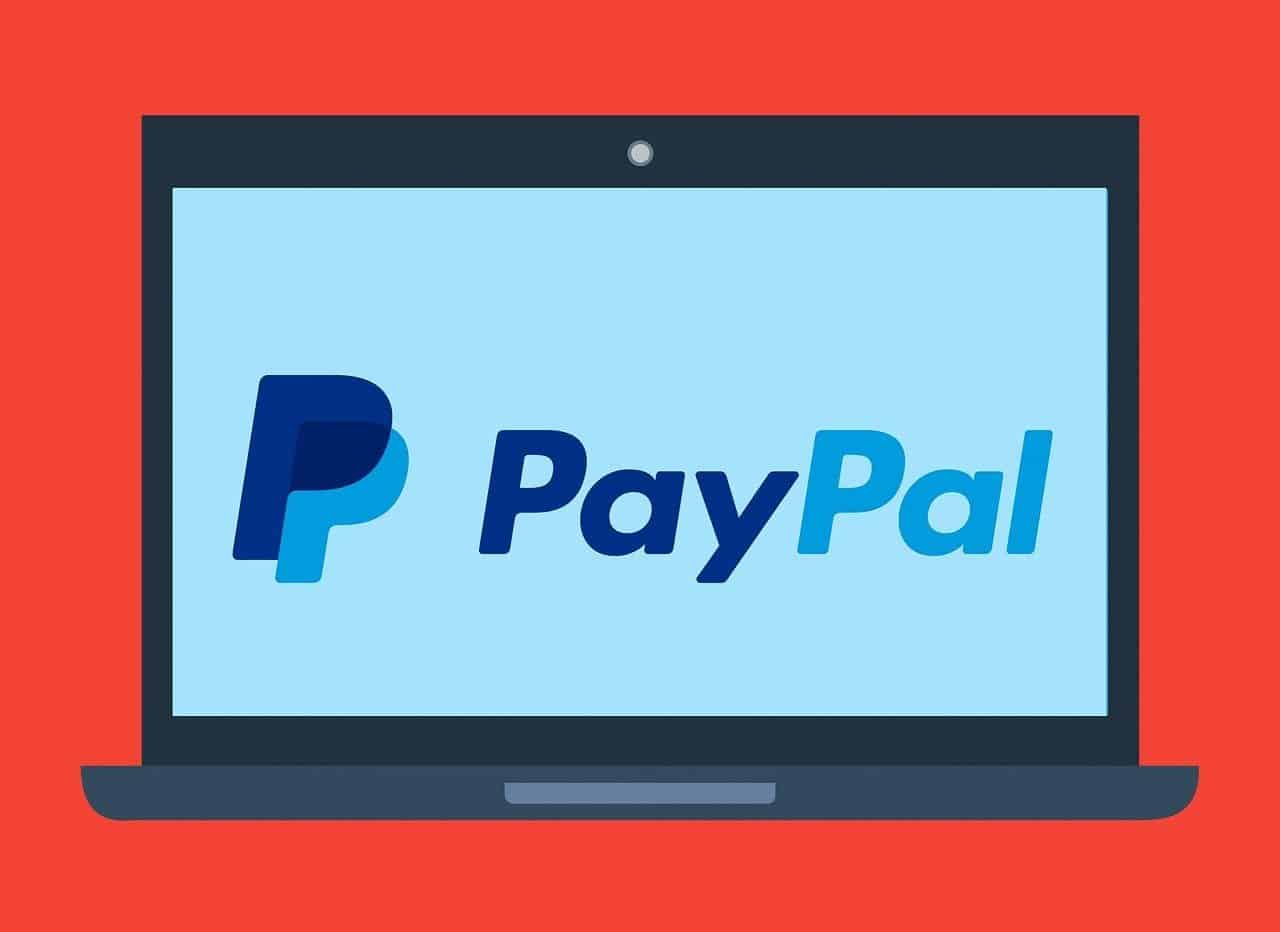
The entrepreneur identifies business opportunities and brings them to reality.
An entrepreneur is a person who identifies opportunities and creates a new project, in addition to managing it, generally with the aim of generating economic benefits. This individual takes financial and personal risks to turn an innovative idea into a business reality. Entrepreneurs are known for their ability to innovate, make quick decisions, learn from failures, and adapt to changing environments.
Entrepreneurs are key agents in job creation . When they start new businesses, they contribute to economic growth by providing job opportunities to the population. They often introduce new ideas and technologies to the market. Its capacity to innovate drives economic and social progress, since competition and the search for efficiency are drivers of continuous improvement.
They are also characterized by flexibility and adaptability . In a dynamic business environment, entrepreneurs are able to quickly adapt to changes and respond to market demands. This flexibility is essential in the era of rapid technological evolution. They can address social problems by identifying innovative solutions. Projects that seek to have a positive social impact are increasingly common.
The diversification of the economy benefits from the presence of entrepreneurs who introduce new sectors and services. This reduces dependence on a single industry and strengthens economic stability. Competition between companies can improve the quality of products and services, as well as reduce prices, benefiting consumers.
Entrepreneurs often challenge established norms and promote cultural change . Your creative mindset can inspire others to look for opportunities and solutions outside of traditional conventions.
The good entrepreneur
A successful entrepreneur must possess a wide range of skills and characteristics to meet the challenges of creating and managing a new business. Let's look at some of them below:
- Vision and mission : A good entrepreneur has a clear vision of the purpose of his startup and a mission that guides his actions;
- Leadership – The ability to lead and motivate a team is essential, especially in a startup context;
- Autonomy : As a freelancer , you must be able to make decisions and take responsibility for actions taken;
- resilience : the ability to face failures and challenges with resilience, learning from experiences to improve;
- Networking – Building a strong network can provide opportunities for funding, collaboration, and learning. Participating in events and networking activities is crucial;
- Mentoring – Seeking guidance from experienced mentors can be valuable in avoiding common mistakes and receiving strategic advice;
- pitch : developing skills to effectively present the business idea is essential to attract investors and partners;
- business model : designing a solid business model is essential for the long-term viability of the startup;
- Funding : Understand funding options, such as venture capital, angel investors, or crowdfunding , and create strategies to secure the necessary financial backing.

A good entrepreneur has a clear vision of his objectives and a mission that guides him towards them.
Challenges
Entrepreneurs face a number of challenges when starting and managing their projects. One of the initial hurdles is creating a solid business plan that clearly articulates the marketing strategy to stand out in a saturated target market. This process is often influenced by the need to secure financing , which involves careful management of limited resources.
Scalability is another critical challenge, as entrepreneurs seek to not only launch an effective MVP (Minimum Viable Product) but also ensure that the business model can expand efficiently as they gain traction in the market. The search for traction, as measured by product success and customer retention, is a process that may require continuous adjustments , including through strategic pivots.
Disruptive innovation, intellectual property protection through patents or licenses, and differentiation in a competitive market are constant challenges. By disruptive innovation we understand the introduction of radically new products, services or processes that transform an existing market by offering simpler, more accessible and efficient solutions. This often arises unexpectedly, challenging established norms and often displacing leading companies by fundamentally changing the competitive dynamics of the industry .
Finally, business agility and the ability to adapt to market developments are essential. The automation of operational processes can be key to efficiently manage organic growth and maintain a low burn rate (use of cash reserves), especially in sectors such as technological entrepreneurship, where the product life cycle is short.
Government support
The government's role in supporting the entrepreneur is crucial to foster innovation , economic growth and job creation. There are several ways in which governments can support entrepreneurs. The most common is financing , whether through grants, loans at preferential rates, or venture capital programs, to help entrepreneurs overcome initial financial barriers and take their ideas to market.
They can also create environments conducive to entrepreneurship , such as incubators and coworking spaces, giving entrepreneurs access to shared resources, advice, and valuable networks. Establishing a clear regulatory environment and simplifying administrative procedures can reduce the bureaucratic burden on entrepreneurs, allowing them to focus on developing their businesses rather than facing administrative obstacles.
Another effective option is to implement entrepreneurship education and training programs from early stages to higher levels, which can foster an entrepreneurial mindset and provide the skills necessary for business creation and management. Offer tax incentives , finally, such as tax reductions for new businesses or deductions for investments in research and development , as they can stimulate investment and innovation.

PayPal is a successful company co-founded by Elon Musk.
real cases
Below we will see the cases of two entrepreneurs, Elon Musk and Elizabeth Holmes , who have experienced opposite results in their projects. Let's start with Elon Musk, who achieved notoriety for founding and leading several successful companies, being a pioneer in challenging industries. He co-founded PayPal , which revolutionized online payments, and later led Tesla Motors , a leading electric vehicle company.
Additionally, Musk founded SpaceX , a private space company that has made significant progress in cost reduction and rocket reuse. Despite the challenges, this visionary has demonstrated a unique ability for disruptive innovation and the achievement of ambitious objectives, establishing himself as one of today's most prominent entrepreneurs.
On the other hand, we have Theranos , founded by Elizabeth Holmes, an example of a venture that ended in a resounding failure. The company claimed to have a revolutionary blood testing technology that required only small amounts of sample. However, as irregularities and lack of transparency were revealed, Theranos' credibility plummeted.
In 2018, Elizabeth Holmes faced fraud allegations from the United States Securities and Exchange Commission (SEC) . This case highlights the importance of integrity and transparency in entrepreneurship, as well as the need to conduct extensive due diligence in validating disruptive technologies before introducing them to the market.
